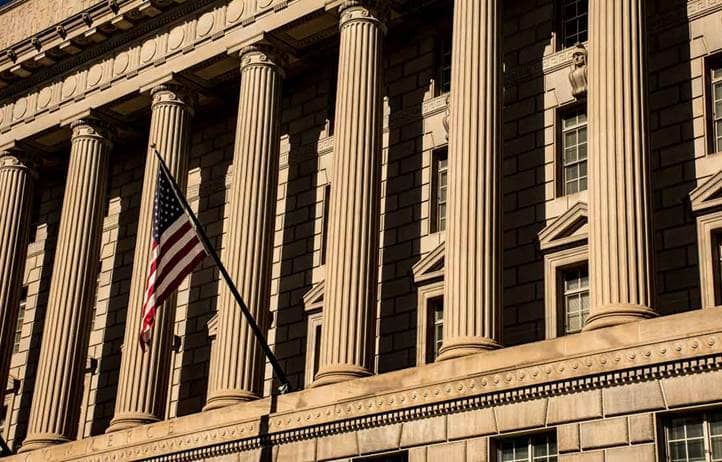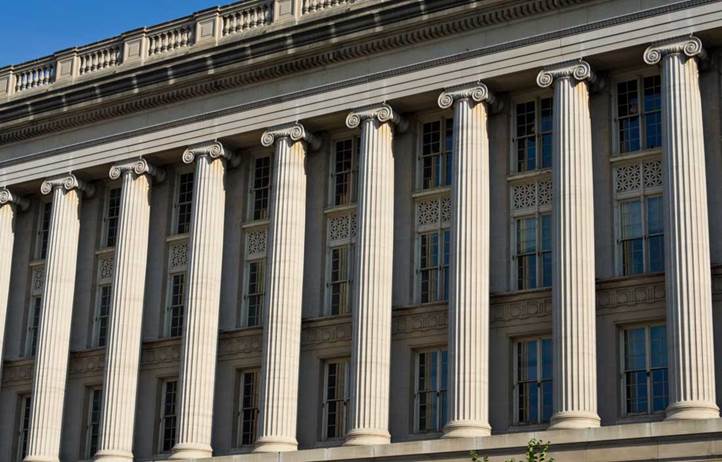The One, Big, Beautiful Bill (OBBB), enacted in July 2025, included a significant change to domestic research and experimental (R&E) expenditures under Internal Revenue Code (IRC) Section 174. In recent years, taxpayers were required to capitalize and amortize such amounts due to changes included in the Tax Cuts & Jobs Act (TCJA). Now, the OBBB provides the option to return to deducting domestic R&E expenditures in the year paid or incurred. Foreign R&E costs are excluded from the OBBB changes and will continue to be subject to a 15-year amortization period. Importantly, transition rules have also been included that provide options for deducting previously capitalized and unamortized amounts.
Businesses that claim R&E expenses and research credits on their returns should consider reaching out to their tax advisors in the coming weeks and months to learn more about the impact of these changes on their tax positions. There are a number of variables to be considered and calculations to be made for the 2024 and 2025 tax filing seasons.
Unlike the research and development (R&D) tax credit under IRC Section 41, Section 174 expenses include both direct and indirect R&D expenses, overhead expenses and all software development costs.
The R&E amortization changes are just one small part of the OBBB, but for businesses that rely on the research credit and related R&E deductions, they can have a significant impact on their tax obligations. Also, taxpayers who claim a research credit under Section 41 will still need to track and report Section 174 expenses, regardless of whether they continue to amortize or choose to deduct those amounts.
Time is of the essence when it comes to scheduling a consultation with a tax advisor who understands the subtleties of the new law and how to apply these new rules to the specific facts and circumstances of your business.















